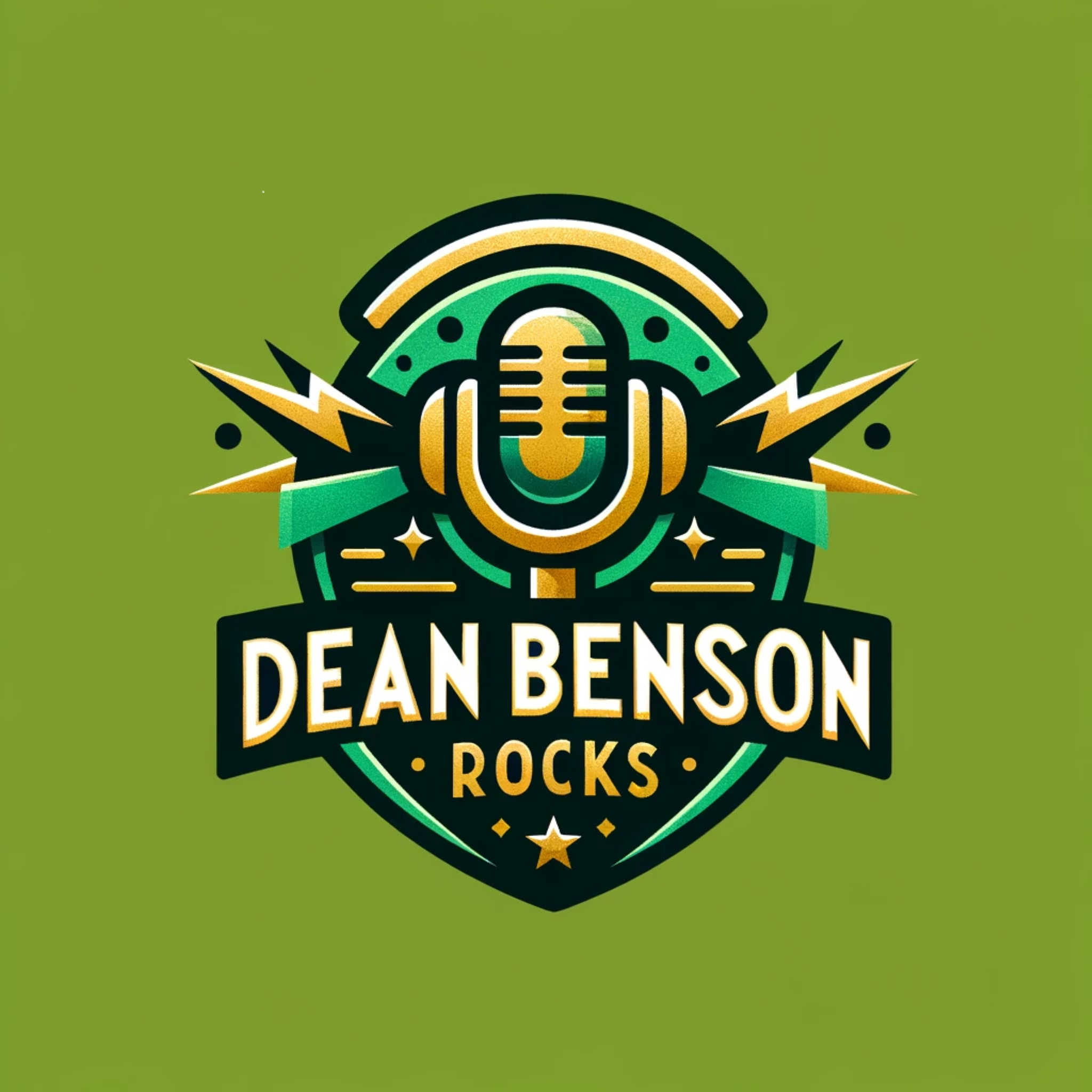Why Has Rock & Roll Endured So Long, and Will It Last Like Classical Music Has?

Hi again, friends, family, fiends, foes, and all you funky folks! Ok, I want to get into my favorite topic, aside from me, the topic that dances on the tongues of many music lovers—why has rock & roll endured for such a splendidly long stretch, and does it have the chops to last as long as classical music? Rock & roll isn't just music; it's a feeling, a whole societal movement, and for many of us, a way of life. So, let’s crank up some good old Zepplin and explore this musical genre together.
The Roots of Rock & Roll’s Longevity
To understand why rock & roll has stuck around, we need to hit rewind to the early 1950s, a time when this genre first kicked off its shoes and started sock-hopping the world. Its foundation lies in its ability to blend rhythm, blues, country, and a host of other music styles into one cohesive, rebellious and wild sound that spoke directly to the youth. This adaptability is a significant reason why rock has stayed relevant. It evolves a bit with each generation, adopting new sounds while still maintaining its core essence and being viable to all.
From the get-go, rock was more than just music; it was a cultural phenomenon that encapsulated a spirit of rebellion and freedom. This message of defiance and the pursuit of freedom have been passed down through generations, keeping the flame of rock & roll alive. Think about the iconic moments in rock history—from Bob Dylan going electric at the Newport Folk Festival to Nirvana's grunge revolution in the early '90s. These weren’t just musical shifts; they were cultural earthquakes that reshaped society’s flowing landscape.
The Science Behind the Staying Power
Why do certain tunes seem to stick in our brains, whether it’s the classic riffs of Led Zeppelin, and so many others or the soul-stirring lyrics of The Rolling Stones and all the great songwriters that followed them?
Science has a hand in this, believe it or not. Research from the field of music psychology suggests that rock & roll hits the sweet spot of predictability and surprise that our brains love. The beats are often regular and easily recognizable, which our brains appreciate. But rock artists love to throw in unexpected twists and turns—unusual chord progressions, sudden key changes, or an electrifying guitar, sax, or drum solo—making the music exciting and oh so memorable.
Furthermore, the repetition common in rock song structures, like the chorus repeating several times, helps in forming those earworms that we love. Our brains are pattern-seeking machines, and once they detect a pattern they like, they hold onto it. That’s why you might find yourself humming "Stairway or Jumpin’ Jack Flash" out of nowhere. (Especially us with a bit of O.C.D.)
Emotional Connection and Resonance: The Heartbeat of Rock’s Longevity
Rock & roll consistently generates strong emotional responses from its listeners. This genre has a unique way of expressing emotions that resonate deeply and for long periods of time with people. Whether it’s the exhilarating highs of rock anthems or the poignant lows of a crooning ballad, rock music has a song for every mood and moment in your life. Psychological studies suggest that listening to music can release dopamine, the so-called "feel-good" hormone, (not to be confused with Dr. Feelgood) and rock is particularly good at triggering this release due to its intense emotional content.
Moreover, the themes of love, rebellion, and identity exploration prevalent in rock & roll are universal. These themes cut cross cultural and geographical boundaries, making rock a global language understood by millions. It’s this emotional connection that not only helps in retaining listeners but also in attracting new ones.
Community and Identity
Rock & roll has always offered more than just music—it’s provided a sense of belonging and identity especially for those who feel like outcasts or just not fitting in right. From the die-hard fans of The Beatles to the followers of the psychedelic rock scene, rock creates communities. These communities often transcend the music itself, fostering a sense of connection and shared identity among people from various backgrounds. This communal aspect might be why rock concerts are often likened to religious experiences—they’re not just about the music, they’re about the collective joy and unity.
Will Rock Last Like Classical Music?
Now, onto the multi-platinum question: Will rock endure like classical music has? Classical music has withstood the test of time, thanks to its complexity and the deep emotional states it can evoke, qualities that rock music also possesses and maybe even in a better stronger sense. However, rock faces the challenge of a rapidly changing digital music landscape where trends can shift quickly and overnight.
Yet, rock’s adaptability suggests it might just have what it takes to keep rolling. As new artists continue to draw inspiration from rock’s rich history while infusing modern elements, they keep the genre fresh and relevant. Just as classical music has evolved yet stayed true to its roots, rock seems to be following a similar super-highway.
Conclusion: Long Live Rock & Roll!
Cheers to rock & roll, my friends! It’s been a hell of a journey, and by the looks of it, the road doesn’t end here, even though some artists say Rock is dead, it isn’t, not by a long shot. With its deep emotional connection, cultural impact, and continual evolution, rock & roll is here to stay, jamming through the ages just like Beethoven’s symphonies.
So, whether you’re spinning vinyl, streaming on your digital devices, or catching live gigs, rock & roll remains a vital, vibrant part of our musical landscape. And who knows? Maybe centuries from now, a future generation will regard The Beatles and The Rolling Stones as we regard Mozart and Bach—timeless, revolutionary, and endlessly captivating. Rock on, brothers and sisters!
Dean Benson, “The Dean Of Rock & Roll” SKY7music.com middays on the “Only Classic Rock Channel”. Also see more of my writing at: https://stan.store/DeanBensonRocks . Email me! Deanbensonrocks@gmail.com
